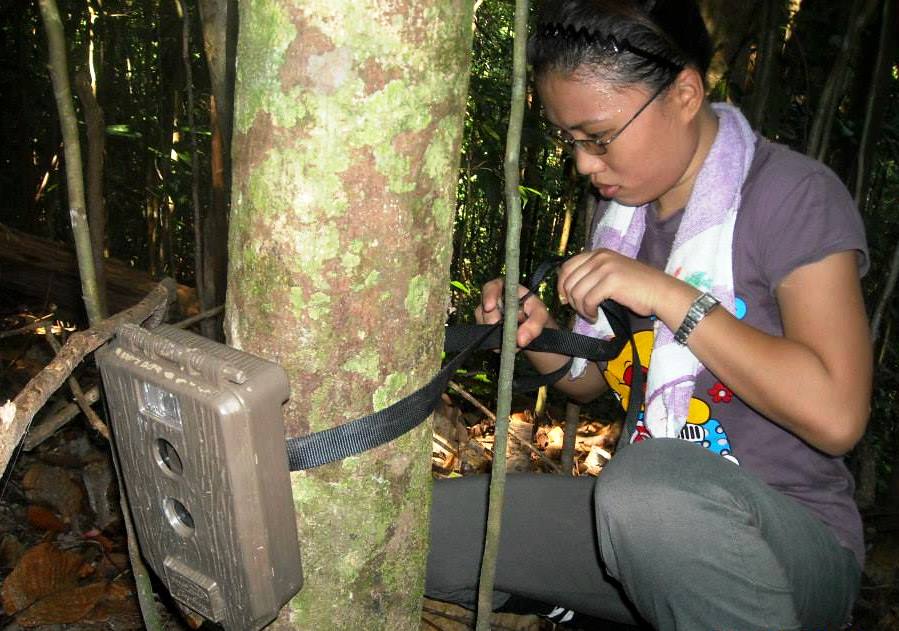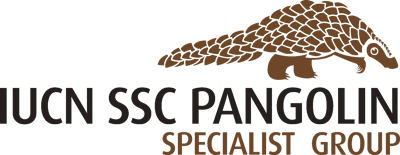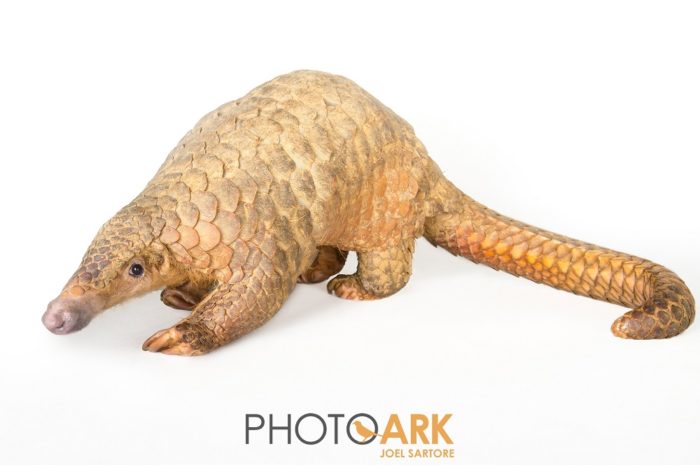Elisa Panjang, PhD student at Cardiff University and member of the Pangolin Specialist Group provides an update on conservation activities for the Sunda Pangolin in Sabah, Malaysia.
IUCN Red List status and status in Sabah
All eight pangolin species are now considered threatened with extinction, and the IUCN Red List categorizes the Sunda pangolin Manis javanica as Critically Endangered. In Sabah, the Sunda pangolin is listed in Part 1 of Schedule 2 of the Wildlife Conservation Enactment 1997, meaning any hunting requires a license. Hunting without a license can bring a maximum penalty of five years in jail, a fine of up to RM50,000 (US$12,060), or both. The biggest threat facing pangolins in Sabah is illegal hunting for international trade, involving live animals, meat and scales, while another threat is habitat loss and fragmentation – although the severity of this threat requires further research in Sabah.
The First Sabah Pangolin Conservation Working Group Workshop
On 21 August 2014, the first pangolin workshop was held at the Sabah Wildlife Department Headquarters, Kota Kinabalu. The workshop was attended by various stakeholders from government, research bodies and NGOs to discuss the fate of the Sunda pangolin in Sabah. The output from the workshop was the submission of a cabinet paper to the Director of Sabah Wildlife Department (and to be later reviewed by the Minister of Tourism, Culture and Environment Sabah), recommending that the status of the Sunda pangolin is upgraded to Part 1 Schedule 1 of the state’s wildlife act. If followed, this will upgrade the Sunda pangolin to a Totally Protected Species, thereby outlawing all hunting, consumption, possession and sale of pangolin (and any body parts), and carrying a mandatory sentence of five years in jail.
The Sabah Pangolin Conservation Working Group has also managed to work closely with the court members, police forces and honorary wildlife wardens to organize conferences, trainings and workshops. An awareness campaign was organized in 2014 by Danau Girang Field Centre together with Sabah Wildlife Department and other NGOs and sponsored by Lush Cosmetics, targeting the local tour agencies, restaurants, plantation workers and schoolchildren, with the aim of raising awareness of pangolins and the threats they face.
Poaching and trade in Sabah
Trade in pangolins passes through Malaysia, Laos and Vietnam. Sabah Wildlife Department gave recent data concerning the number of pangolin cases that the department dealt with: 2006 (13 cases recorded); 2007 (12); 2008 (3); 2009-2010 (zero); 2011 (2); with no further cases since. According to TRAFFIC (2010), about 22,200 pangolins were killed in Sabah between May 2007 and January 2009 to supply one syndicate, based on information from a log book. The main supply appeared to be from Keningau, Kota Belud, Kota Marudu, Ranau (April to Dec 2008: 4565kg, 772 individuals). Biologists believed additional pangolins must be coming from other places, and Sabah Wildlife Department have confirmed that some pangolins were coming from other neighboring states/countries, like Sarawak or Kalimantan, with Sabah acting as a collecting station for subsequent export to China. The villagers hunt all kinds of things, including pangolins, and there is lack of education and awareness on endangered species. Hunting used to be a daily activity. Villagers in small groups hunt, and a middleman collects. This is the modus operandi, with pangolins being sold at RM80/kg per animal. The most recent seizure by the authorities happened two months ago in Lahad Datu, where 25 live pangolins were seized, of which 20 pangolins survived and were released.

Elisa setting a motion-sensitive camera trap
Research project in Sabah
The title of the project is “Landscape ecology and behavioral response of the Sunda pangolin to habitat fragmentation and degradation in Sabah, Malaysia”. The research is conducted by a Malaysian part time PhD student registered under Cardiff University, and will be based in Danau Girang Field Centre, Kinabatangan, a research and training facility managed by Cardiff University and Sabah Wildlife Department. In this research, the student used a multidisciplinary approach, including sign surveys, camera trapping, satellite telemetry, and community survey to collect ecological information on the Sunda pangolin. The objectives of the research are threefold: to identify habitat suitability and ecological niches for Sunda pangolin; to determine the species home range; and to determine the movements in a fragmented and degraded landscape. Upon completion of the study, the results of the research will be included in a Sunda Pangolin State Action Plan. Aside from research work, the student is also focusing on public education, raising awareness and producing educational materials together with the Sabah Wildlife Department and other organizations in the state.
Website: https://www.facebook.com/Danau-Girang-Field-Centre-147476775319983/
For more information, please email: elisa_panjang@yahoo.com



